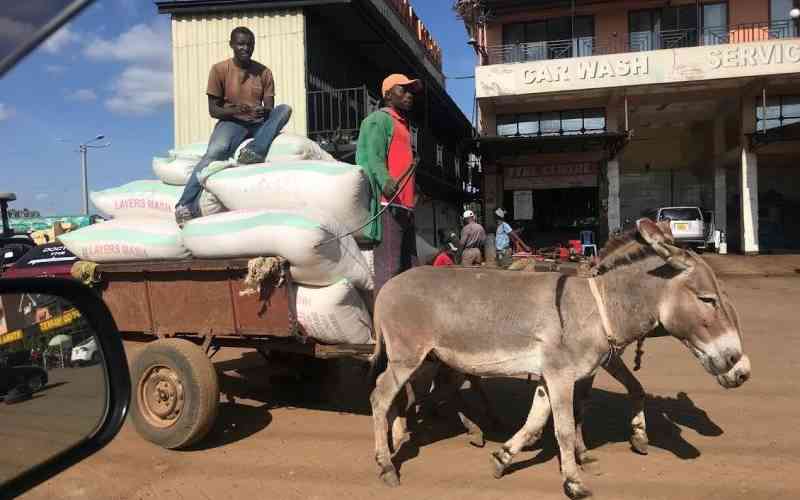
This government should listen to Kenyans. It should not develop thick skin, yet. And it should not be elitist in its policies. It's the only way they can be in touch with reality on the ground and avoid pitfalls of Uhuru administration. A month ago, I wrote that the Hustlers Fund should be a grant, not a loan and drew parallels with similar funds targeting small businesses in the US and Europe, among others. I also explained why many of the existing affirmative action programmes targeting this sector did not work.
National Treasury had released draft regulations of the 'Financial Inclusion Fund' whose purpose shall be to "promote financial inclusion through expanding access to credit by persons, proprietors, micro, small and medium enterprises (MSMEs), chamas, table banking groups, groups, sacco societies, associations and start-ups for economic growth and job creation'. The regulations provide for penalties on misuse of the fund, and recovery by debt collectors on defaulters.